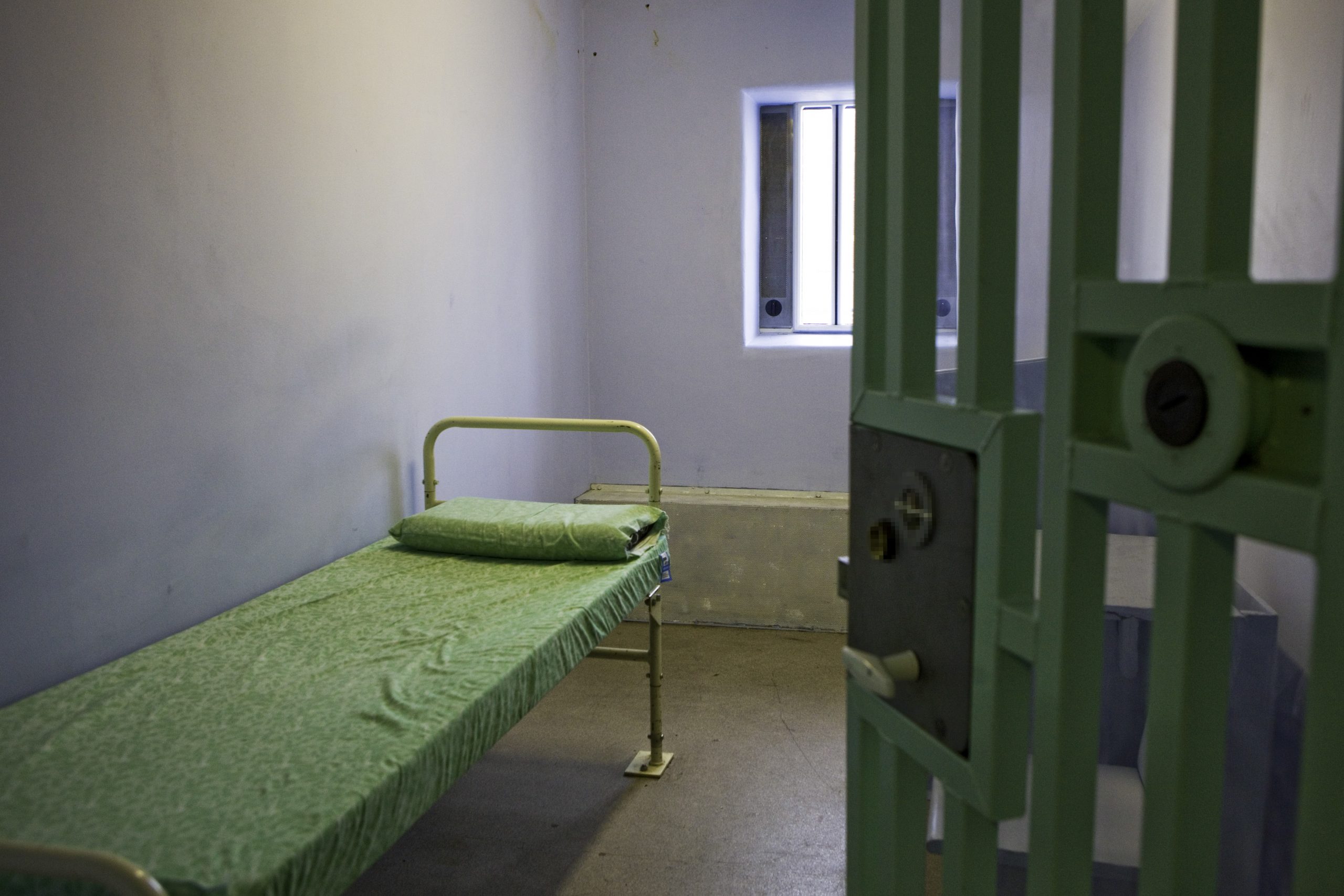The sledgehammer to solve child sexual harassment

A constant watch cell at the Young Offenders Institution, Aylesbury, Pic: Andy Aitchison
The parliamentary Women and Equalities Committee proposals to solve sexual harassment between children received widespread media coverage in September, suggesting a huge crisis affecting schools across the UK.
Harassment of any type, and sexual harassment in particular, must be eradicated but we need to be careful that draconian proposals aren’t written into law, which could mean a whole generation of schoolchildren – mainly young boys and teenagers in particular – hold a criminal record for sexual offences. Certainly, as someone specialising in defending young people, some of the proposals from the Committee seem to be akin to taking a sledgehammer to crack a nut.
Broadly, the recommendations proposed that:
- The government used the ‘new’ at the time (but subsequently scrapped) Education Bill to ensure every school takes appropriate action to prevent and respond to sexual harassment and sexual violence. This should include clear national guidance.
- Ofsted and the Independent Schools Inspectorate assess schools on how well they are recording, monitoring, preventing and responding to incidents of sexual harassment and sexual violence.
- Every child at primary and secondary school should have access to high quality, age-appropriate relationships and sex education delivered by well-trained individuals. To do this, the report recommends making sex and relationships education (SRE) a statutory subject; investing in teacher training; and investing in local third sector specialist support.
Any proposals aimed at safeguarding children and encouraging and supporting a positive environment that encourages all children to learn are to be welcomed. However, some of the more detailed recommendations as they stand need to be treated with caution and be carefully reviewed if children are to be treated fairly through the justice system.
Specifically setting alarm bells ringing are proposals recommending that all schools collect data on reports of sexual harassment and violence, collating these nationally and publishing them annually, and police recording incidences of sexual harassment and violence in schools.
If not properly thought through, these proposals could result in a generation of children who have a criminal record and are on the sex offenders register for offences, such as underage sex between consenting minors, consensual ‘sexting’ between children (some may be in a relationship with the other child), or childish behaviour that has gone a step too far. This will automatically preclude young people from working in certain sectors in the future, essentially limiting their life chances before they even start out.
Clearly, serious cases need to be handled through the youth justice system, but children should not be prosecuted through the criminal courts. Rather, their cases should be diverted, where appropriate, and decisive but non-recorded action taken where necessary.
Often prosecuting a child does little to actually help safeguard other children, in many such cases there may be a need for better education. The implications of involving the police are very far reaching. Even an arrest can be disclosed on an enhanced criminal record check, and any conviction or caution will be disclosed, regardless of the circumstances. Therefore a teenager who engages in experimental sexual behaviour and accepts a caution, will have to disclose this in all DBS checks until they are 99 years old.
The UK has one of the lowest ages of criminal responsibility in Western Europe and there are elements of the youth justice system that are not fit for purpose. In fact parts are in breach of the UN Convention on the Rights of the Child, for example, we do not have a completely distinct juvenile justice system and custody is not used as a last resort. I believe that the criminal justice system could be unfairly penalising children and young people and some of the recommendations in this report serve to reinforce this view.
Lawyers are seeing more children – and their parents – coming to them for advice where they have been accused of and/or charged with a sexual crime, many of these are being driven by the rise of celebrity cases in the media.
Representing young people, I see a real need for recognition of the fact that puberty is a difficult time for children as they come to terms with their sexuality, bodies and feelings. They need guidance and education about how to handle these changes and to recognise what constitutes sexually appropriate behaviour. They don’t need to be handed a criminal record and be subject to the requirements of notification of the sex offenders register, both of which will have long term and far reaching consequences.
While these recommendations are suggestions from a parliamentary committee, my fear is that they could form part of a future bill and may result in more children being arrested and prosecuted as schools become forced to report incidents to the police. Those involved in the education system are already working hard to safeguard children, but as they stand, these proposals could bring a whole new level of reporting on schools. Of course, they will want to be seen to deal swiftly with any incidents of sexual harassment and violence.
Far from dealing with the most serious of cases, the reality is that increased pressure will be put on a criminal justice system that is already creaking at the seams, and an education system that is already facing huge changes over the next few years. The government is yet to respond to the report but I urge them to carefully consider their response to ensure that schools are issued with clear guidance against criminalising children.






